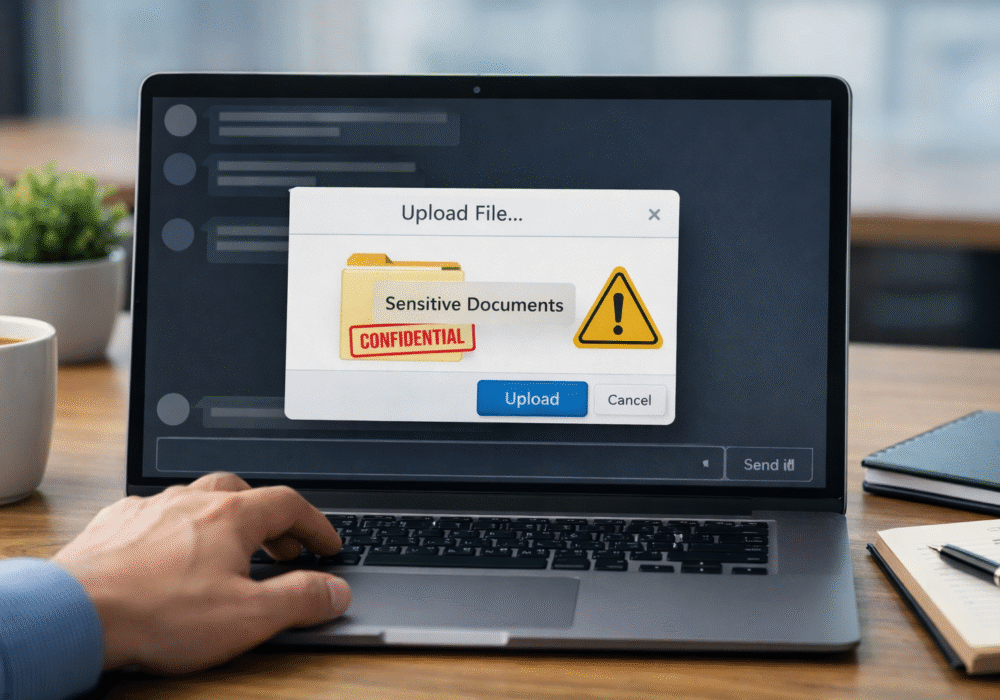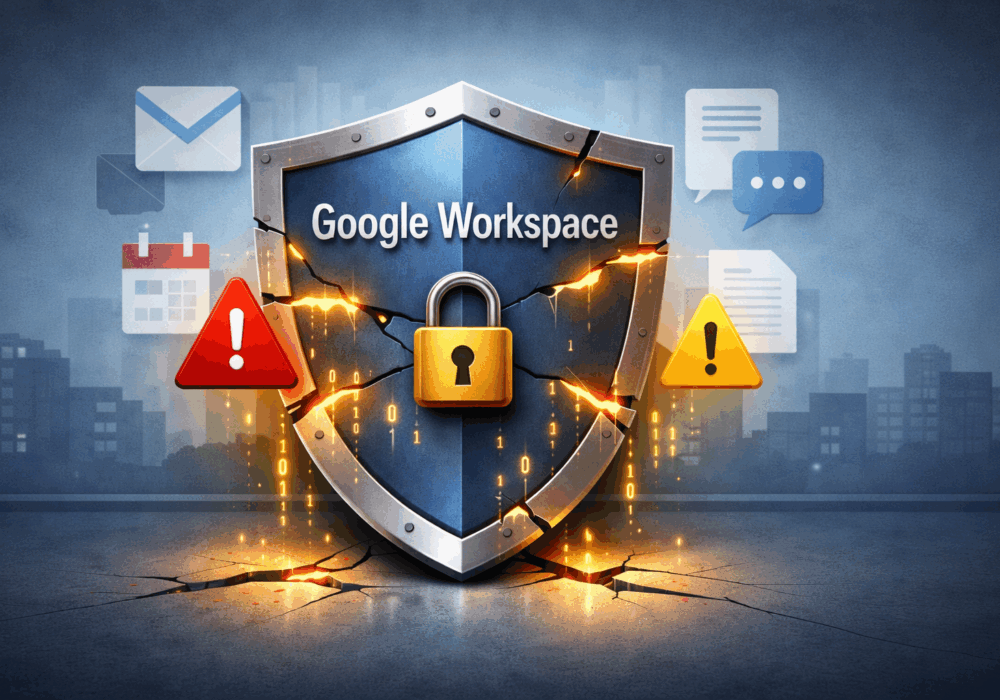
Authenticity is a property achieved through cryptographic methods of being genuine and being able to be verified and trusted, resulting in confidence in the validity of a transmission, information or a message, or sender of information or a message. In simpler terms, authenticity refers to the proven fact that something is legitimate or real.
Your business needs to take proactive measures today to first reduce its chances of being hit by ransomware, phishing, or other cybersecurity attacks. Secondly, validate backups and disaster recovery plans are current and functioning in case you end up hit with ransomware. CyberHoot recommends the following best practices to avoid, prepare for, and prevent damage from these attacks:
Start building your robust, defense-in-depth cybersecurity plan at CyberHoot.
Related Terms: Integrity, Non-repudiation
Source: CNSSI 4009, NIST SP 800-53 Rev 4
Discover and share the latest cybersecurity trends, tips and best practices – alongside new threats to watch out for.

Not surprising when Trouble Ensues Last summer, the interim head of a major U.S. cybersecurity agency uploaded...
Read more
And How to Fix Them Let me make an educated guess. You moved to Google Workspace because it was supposed to...
Read more
Remember Heartbleed? That security nightmare from a few years back that made everyone panic about their...
Read moreGet sharper eyes on human risks, with the positive approach that beats traditional phish testing.
